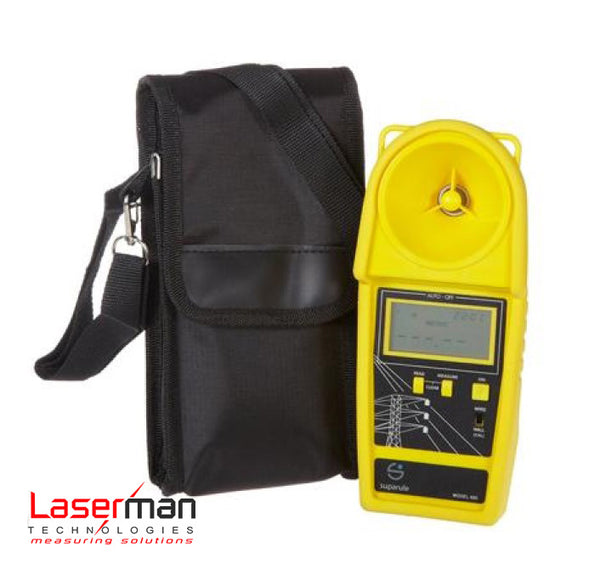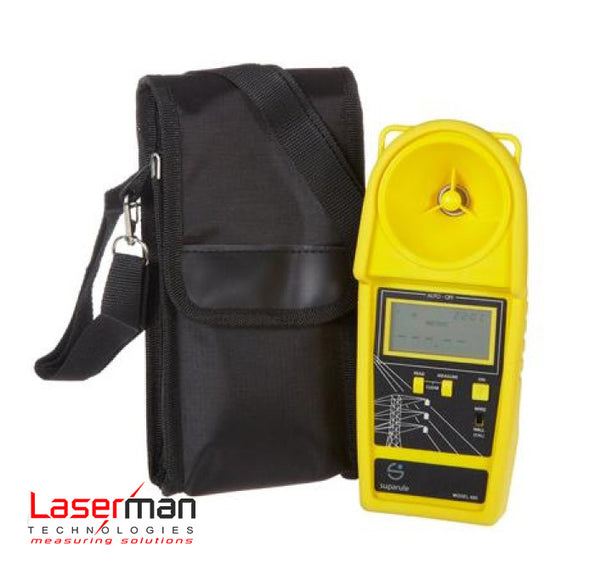Electronics
Electronics is a rapidly evolving field, and new technologies are being developed all the time. As electronics continues to advance, it is likely to have an even greater impact on our lives.
Electronics is the branch of physics and electrical engineering that deals with the emission, behavior, and effects of electrons and with electronic devices. Electronics is a vast field, and its applications range from simple devices like light bulbs and radios to complex systems like computers and medical imaging equipment.
The basic principles of electronics are relatively simple. Electrons are negatively charged particles that can flow through conductors, such as metals. When electrons flow through a conductor, they create an electric current. The flow of electrons can be controlled by electronic devices, such as transistors and diodes. These devices can be used to amplify, switch, and modify electric currents.
Electronics has had a profound impact on our lives. It is used in almost every aspect of modern society, from our homes to our workplaces to our transportation systems. Electronics has made it possible to develop new technologies that have improved our quality of life, such as computers, smartphones, and medical devices.

Industry applications of electronics:
Inspecting PCB & micro parts
When building PCBs, the correct mounting of the individual components must be checked. Usually this takes place on an assembly line in quick succession.
Read MoreFinding A Current
Current is the rate at which electrons flow past a point in a complete electrical circuit. At its most basic, current = flow.
Read MoreThe History of the Multimeter
The first device that could be considered a predecessor to the multimeter showed up in 1820 It was a moving-pointer current-detecting device, called a galvanometer.
Read MoreClamp Meters vs Multimeters
A digital multimeter is essentially a voltage-measuring tool with some current abilities. A clamp meter is basically a current-measuring tool with some voltage abilities. They are distinctly different instruments, each with its own advantages.
Read MoreWhat is a thermal multimeter?
Whether you troubleshoot and maintain electrical distribution, HVAC, or rotating equipment you probably use a digital multimeter (DMM) to test electrical parameters.
Read MoreVerification with proven unit
A proving unit is a battery-powered portable device that serves as an electronic voltage source to safely verify the operation of an electrical test tools such as a digital multimeters (DMM), clamp meters or other electrical testers.
Read MoreFinding harmonics
Harmonics are currents or voltages with frequencies that are integer multiples of the fundamental power frequency. If the fundamental frequency is 60 Hz, then the 2nd harmonic...
Read MoreSome of the benefits of electronics
Improved communication
Electronics has made it possible to communicate with people all over the world in real time. This has helped to break down barriers and bring people together.
Increased productivity
Electronics has made it possible to automate many tasks, which has led to increased productivity. This has benefited businesses and individuals alike.
Improved healthcare
Electronics has led to the development of new medical devices that have improved the diagnosis and treatment of diseases. This has saved lives and improved the quality of life for millions of people.












